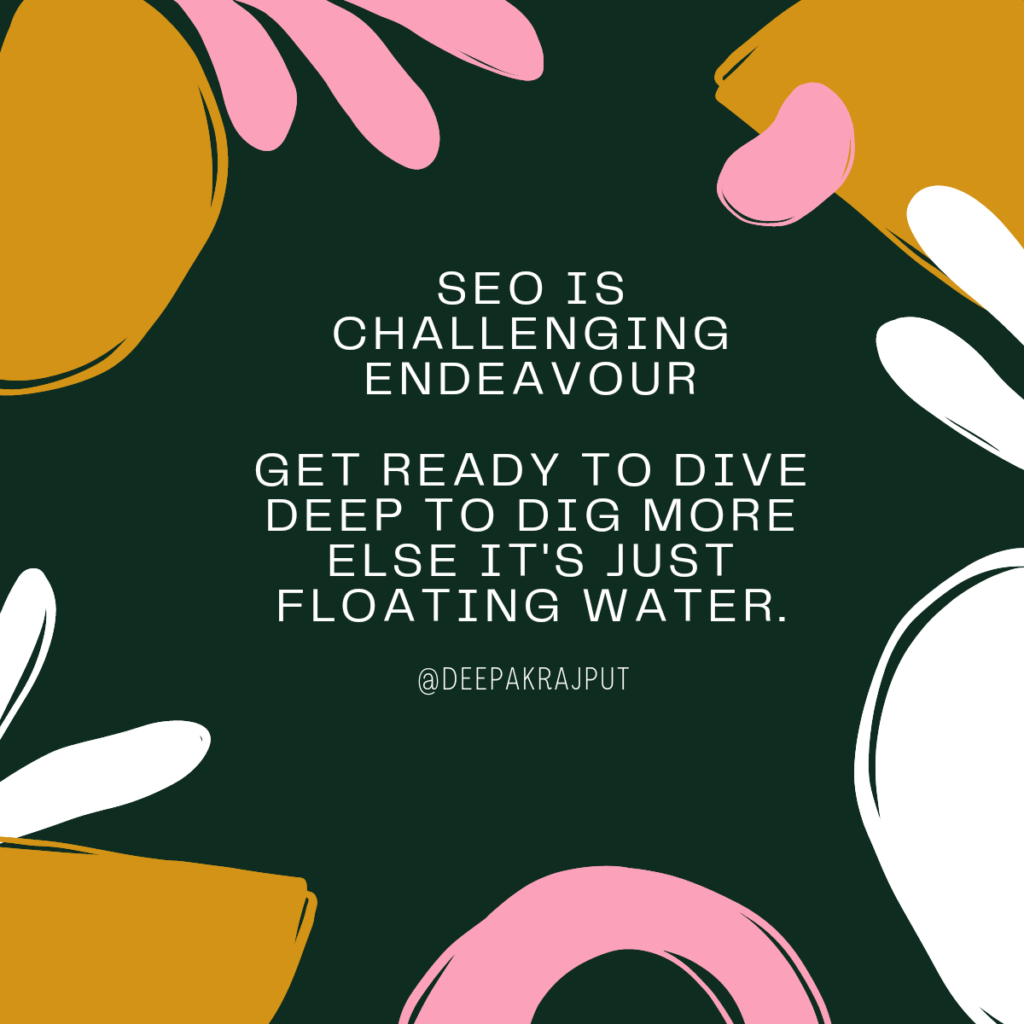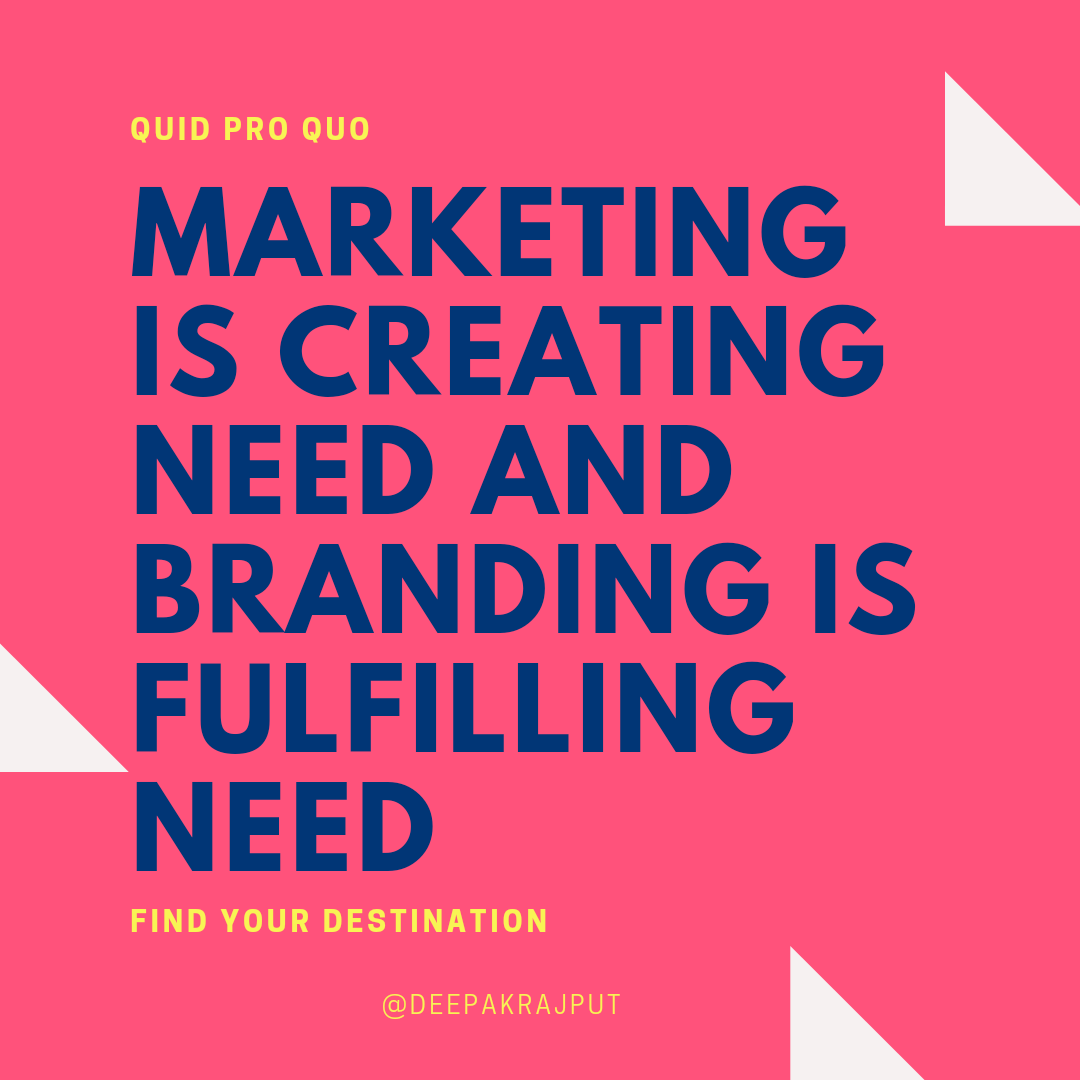 In the dynamic landscape of digital marketing, mastering content strategies is paramount. Effective content marketing strategies encompass meticulous research, audience segmentation, and goal alignment. Notably, HubSpot’s comprehensive guides exemplify content marketing excellence, offering valuable insights that captivate and retain their target audience. Engaging content creation holds the key to audience interaction and brand resonance. Take inspiration from BuzzFeed’s interactive quizzes, fostering participation and shareability, enhancing their online engagement and presence. Storytelling in content marketing is equally crucial, as demonstrated by Nike’s “Dream Crazy” campaign, which ignited conversations and emotional connections, elevating brand loyalty.
In the dynamic landscape of digital marketing, mastering content strategies is paramount. Effective content marketing strategies encompass meticulous research, audience segmentation, and goal alignment. Notably, HubSpot’s comprehensive guides exemplify content marketing excellence, offering valuable insights that captivate and retain their target audience. Engaging content creation holds the key to audience interaction and brand resonance. Take inspiration from BuzzFeed’s interactive quizzes, fostering participation and shareability, enhancing their online engagement and presence. Storytelling in content marketing is equally crucial, as demonstrated by Nike’s “Dream Crazy” campaign, which ignited conversations and emotional connections, elevating brand loyalty.
Measuring content marketing effectiveness is essential for refining strategies. Platforms like Airbnb’s “Airbnb Magazine” provide insights into engagement and customer response, enabling data-driven decisions. Content distribution and promotion strategies are exemplified by GoPro’s user-generated content shared across social media, showcasing the power of viral amplification. Integrating SEO into content marketing, as exemplified by Moz’s Whiteboard Friday series, enhances visibility and brand authority. Utilizing tools like Canva for visual content creation enhances brand engagement across platforms. Whether it’s blogging for authority, dynamic video content as seen with Blendtec, or leveraging real-time social media moments à la Oreo, successful content marketing strategies resonate, making a significant impact in the digital realm. Content marketing for your business can help to boost sales and revenue online and offline.
- Content marketing strategies and tips Effective content marketing strategies encompass research, audience segmentation, content planning, creation, distribution, and consistent analysis. Tips include focusing on audience needs, using various formats, and aligning content with business goals.Crafting effective content marketing strategies involves meticulous research, understanding your audience’s preferences, and aligning content with business objectives. For instance, Red Bull’s extreme sports content strategy targets adrenaline junkies, resonating with their audience and promoting their brand.
- How to create engaging content Engaging content resonates with readers through storytelling, visuals, and interactivity. Craft attention-grabbing headlines, offer unique insights, and encourage audience participation.Engaging content captivates audiences and fosters interaction. Take inspiration from BuzzFeed’s quizzes, which encourage user participation and shareability, enhancing their engagement and online presence.
- Best practices for content marketing Best practices involve understanding your audience, setting clear objectives, creating quality content, optimizing for SEO, utilizing social media, and tracking performance metrics.Employing best practices like Coca-Cola’s “Share a Coke” campaign, where personalized bottles with names resonated with customers emotionally, can greatly boost your content marketing success.
- Content marketing examples Successful content marketing examples include HubSpot’s comprehensive guides, Coca-Cola’s storytelling campaigns, and Airbnb’s user-generated content showcasing unique accommodations.HubSpot’s educational guides, such as “The Beginner’s Guide to SEO,” exemplify content marketing excellence by providing valuable insights that attract and retain their target audience.
- Importance of storytelling in content marketing Storytelling adds emotional appeal to content, making it relatable and memorable. Narratives evoke empathy and help connect brands with their audiences on a deeper level.Nike’s “Dream Crazy” campaign, featuring Colin Kaepernick, demonstrated the power of storytelling in sparking conversations and forging emotional connections with audiences, ultimately enhancing brand loyalty.
- Measuring the effectiveness of content marketing Effectiveness is measured through metrics like website traffic, engagement rates, conversion rates, and ROI. Tools like Google Analytics and marketing automation platforms aid in tracking results.Airbnb’s “Airbnb Magazine” not only showcases the effectiveness of content marketing but also provides insights into engagement and customer response, contributing to better strategic decisions.
- Content distribution and promotion strategies Distribute content through social media, email marketing, influencers, and partnerships. Promote through targeted ads, guest posting, and sharing across relevant online communities.GoPro’s user-generated content shared across social media platforms leverages the power of viral sharing, showcasing effective content distribution and amplification strategies.
- SEO and content marketing SEO enhances content visibility by optimizing for relevant keywords, improving website structure, and building quality backlinks. It helps content rank higher in search engine results.Moz’s Whiteboard Friday series exemplifies SEO integration in content marketing. By addressing SEO topics visually, they attract audiences seeking SEO insights while building their brand authority.
- Content marketing tools and platforms Tools like SEMrush, Hootsuite, and Buffer aid in content creation, scheduling, and performance analysis. Platforms like WordPress and Medium offer spaces for publishing.Utilizing tools like Canva, brands can easily create visual content, like infographics and social media posts, enhancing their online presence and engagement across platforms.
- Creating a content calendar A content calendar organizes content creation, publication dates, and distribution. It ensures a consistent flow of content aligned with business objectives.Buffer’s content calendar not only helps organize content creation and publishing but also aids in maintaining consistent engagement and delivering relevant content to their audience.
- Blogging and content creation Blogging involves regularly publishing informative articles that address audience pain points, demonstrate expertise, and drive traffic to a website.Neil Patel’s blog exemplifies effective blogging. Through regular, high-quality posts that offer actionable insights, he has built a strong online presence and established himself as an authority in digital marketing.
- Video content marketing Video content engages audiences with dynamic visuals and storytelling. Platforms like YouTube and social media allow brands to connect effectively with their target audience.Blendtec’s “Will It Blend?” video series creatively showcases their product’s capabilities by blending unusual items, engaging viewers and increasing brand visibility.
- Social media and content marketing Social media platforms are crucial for distributing content, engaging with audiences, and fostering conversations around brands. Consistent, valuable content strengthens social media presence.Oreo’s real-time “Dunk in the Dark” tweet during the Super Bowl power outage exemplifies how content marketing through social media can create viral moments and increase brand exposure.
- Content marketing for small businesses Small businesses benefit from content marketing by showcasing expertise, building trust, and targeting local audiences. It’s cost-effective and helps level the playing field in the digital landscape.Dollar Shave Club’s witty and relatable videos not only gained attention but also reflected the essence of their brand, demonstrating how small businesses can use content marketing to make a big impact.
Effective content marketing involves research, audience segmentation, planning, creation, distribution, and analysis. Tips include focusing on audience needs, utilizing various content formats, and aligning with business goals. Engaging content employs storytelling, visuals, and interactivity, supported by attention-grabbing headlines and unique insights. Best practices encompass understanding the audience, setting clear objectives, crafting quality content, optimizing for SEO, leveraging social media, and tracking metrics. Content distribution spans social media, email marketing, influencers, and partnerships, while SEO for keywords ranking. Tools like SEMrush aid in creation and analysis, and platforms like WordPress facilitate publishing. Content calendars organize consistent engagement. Small businesses benefit from cost-effective content marketing strategies.




